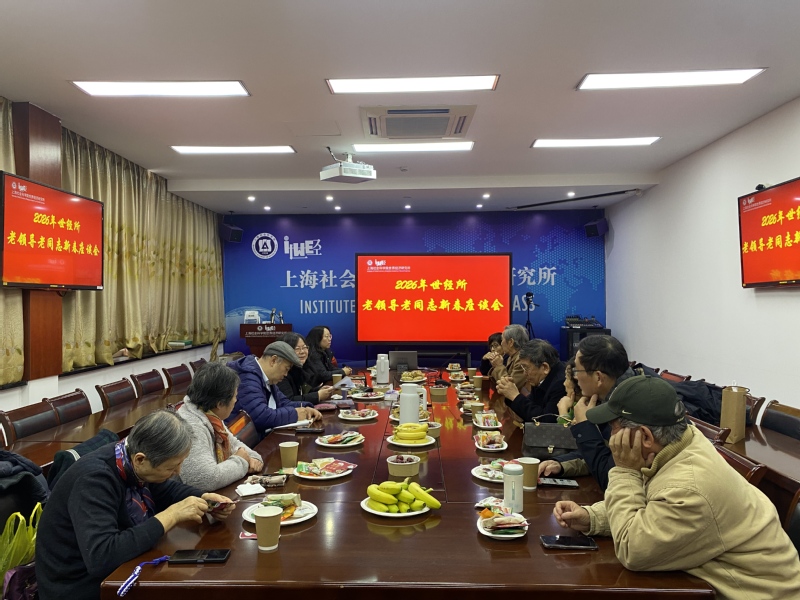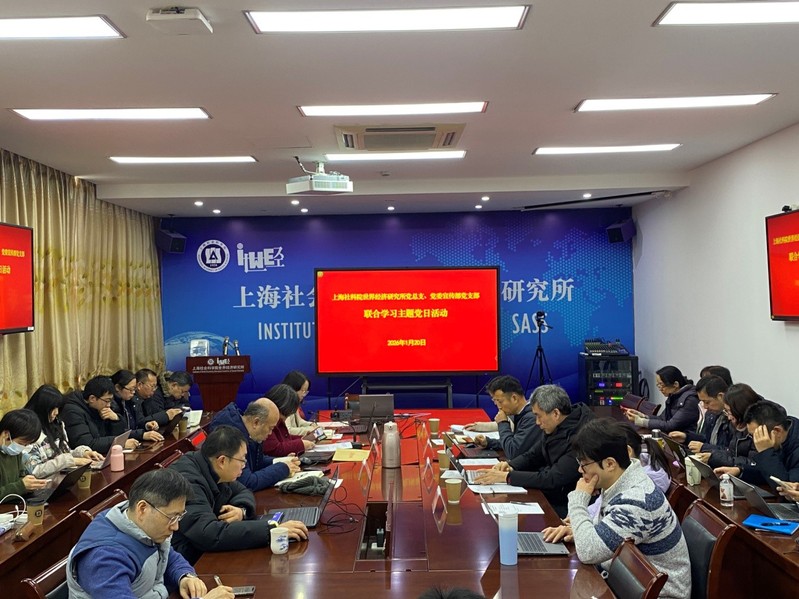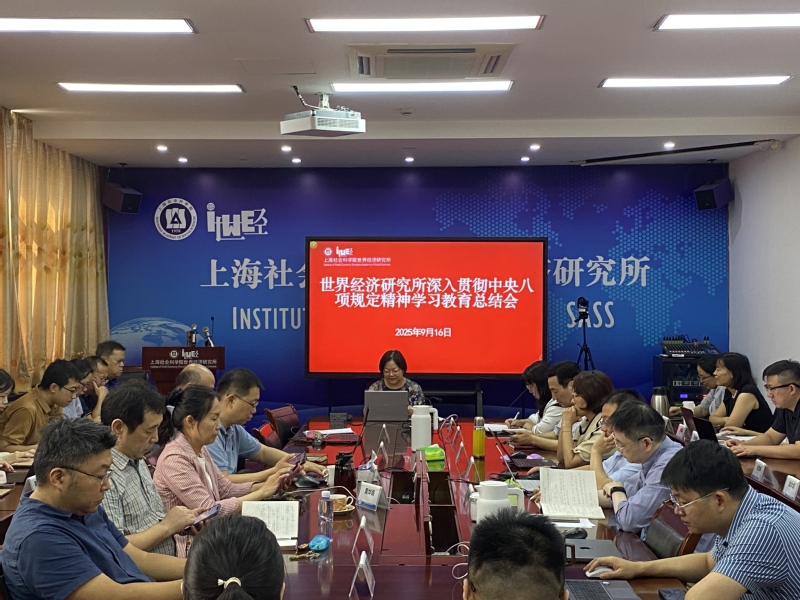美国前总统尼克松和时任中国总理周恩来,1972年在上海锦江饭店小礼堂签署的中美上海《联合公报》,为中美两国外交关系的建立奠定了基础。
美国政府顾问、前贸易代表卡拉·希尔斯成了辩论中的主角,她将人们的关注引向了两国关系间“不期而至的冲突”。希尔斯告诉听众,自己原本打算围绕经济问题发言,但现在改变了主意。
曾在两届共和党政府中担任经济问题专员的希尔斯,详细辩解了为什么奥巴马总统会在1月份时不顾中方反对,批准向台湾出售价值64亿美元的军火,以及为什么不到一个月后就在白宫接见了到访的达赖喇嘛。她说:“两国近期在基本外交政策上的分歧,势必影响到我们如何处理经济问题。”
她还对中方的反应提出了批评。希尔斯说,“我对中国政府高调威胁将拒绝在解决国际事务上与白宫合作的做法,感到担心。因为两国间得不到解决的摩擦,将不仅威胁中国作为全球问题解决者的声誉,还会危及未来的世界和平与稳定。”希尔斯在谈到经济问题时说,两国需要行动起来避免另一场金融危机。她补充指出,两国单方面采取的平衡经济策略,无益于另一方。
而上海社会科学院世界经济研究所所长张幼文提出了相反的看法。“很不幸的是,奥巴马政府似乎不愿非常仔细地聆听中国的意见。”他说道,“台湾和达赖喇嘛的问题是中国的核心利益。”
张幼文用连珠炮般的发言,驳斥了美国人普遍认为的该怎样调整基本经济关系的观点。他说,“我们或许不该遵从一些过时的理论。”在谈到美方认为人民币兑美元汇率过低问题时,张幼文说,应该更多关注中国外汇政策给世界带来的巨大好处。在回敬美国对北京方面屯积美国国债、未能充分发展国内经济的批评时,张幼文表示,真正的问题在于,美国如何吸纳了中国方面的资金后,(因管理不善)助长了泡沫的产生。至于全球经济再平衡的问题,他淡化了中国的角色,说自己并不认为作为发展中国家的中国承担着一半责任。
回答听众提出的西藏和台湾问题时,希尔斯呼吁两国在解决分歧时应有成熟的态度。两国任何一方都不该因对方不肯向自己让步,而感到愤怒,她说两国应该像“家人”一样,讨论有助于消除误会、解决敏感问题。
(美国《华尔街日报》中文版)
(本文来源:青年参考 )
The Shanghai Communiqué, which established diplomatic relations between Washington and Beijing, was signed in 1972 by U.S. President Richard Nixon and Chinese Premier Zhou Enlai on the lush grounds of an art deco hotel in the Eastern coastal city.
This week, on a rainy Tuesday, U.S. and Chinese commentators gathered at the same spot to consider where relations stand 38 years after the landmark agreement was cemented.
They traded barbs.
Drawing attention to “unexpected friction” in the relationship, Carla A. Hills, a Washington-based consultant and former U.S. Trade Representative, took the stage and told the audience she modified her original plan to give a speech tied to economic themes.
Instead, the former economic affairs specialist in two Republican administrations carefully explained why U.S. President Barack Obama ignored Chinese objections and approved a $6.4 billion arms sale to Taiwan in January, and less than a month later met with the Dalai Lama at the White House. “The disagreements that have arisen recently over basic foreign policy issues inevitably affect how we will deal with economic issues,” Hills explained.
She chastised China for its reaction. “I am concerned that China’s highly publicized threat to refuse to cooperate with the United States to find effective solutions for international challenges because of unresolved bilateral disputes put at risk not only China’s reputation as a global problem solver but also the world’s prospects for future peace and stability,” Hills said.
On economic affairs, she said the two sides need to act to avoid another financial crisis, adding that agreements by one side or the other to, for instance, take steps to rebalance its economy “is not a favor” to the other side.
After her comments, a Shanghai academic offered a contrasting view. “Quite unfortunately the Obama administration has not seemed to listen to the Chinese government very carefully,” said Zhang Youwen, director of the Institute of World Economy at the Shanghai Academy of Social Sciences.
Taiwan and the Dalai Lama, he said, are issues that “touch the core interests of China.”
Speaking at a rapid-fire pace, Zhang rejected widely held U.S. views of how the basic economic relationship should adjust, saying, “Perhaps we should not be guided by some of the outdated theories.”
On U.S. calls that the yuan’s value is too weak against the dollar, Zhang said there should be more focus on “the great benefits” of China’s foreign-exchange policy. Regarding Washington’s criticism of China’s underdeveloped domestic economy as evidenced by Beijing’s stockpiling of U.S. Treasurys, he said the true problem is how the U.S. absorbed Chinese cash to “build up bubbles.” As for rebalancing the world economy, he played down China’s role, saying “I don’t think the responsibility is half-half.”
When members of the audience pushed on Tibet and Taiwan issues, Hills called for maturity in the response to disputes. “Neither side should be angry that the other side doesn’t capitulate to their views,” she said, adding that the sides should work as “families” do, with discussions that might bridge misunderstandings and address sensitivities.
Speaking to The Wall Street Journal after the testy exchanges, Hills said she has been “surprised with the sharpness of the tone” from Beijing in the wake of Washington’s clearly telegraphed Taiwan and Tibet decisions, and charged that China is “slamming the door” on U.S. relations, in turn affecting global debate over issues as disparate as pandemics, piracy and proliferation.
“To take a bilateral issue and say we will not cooperate internationally is tragic to me,” she said.
–James T. Areddy
华尔街日报英文版





